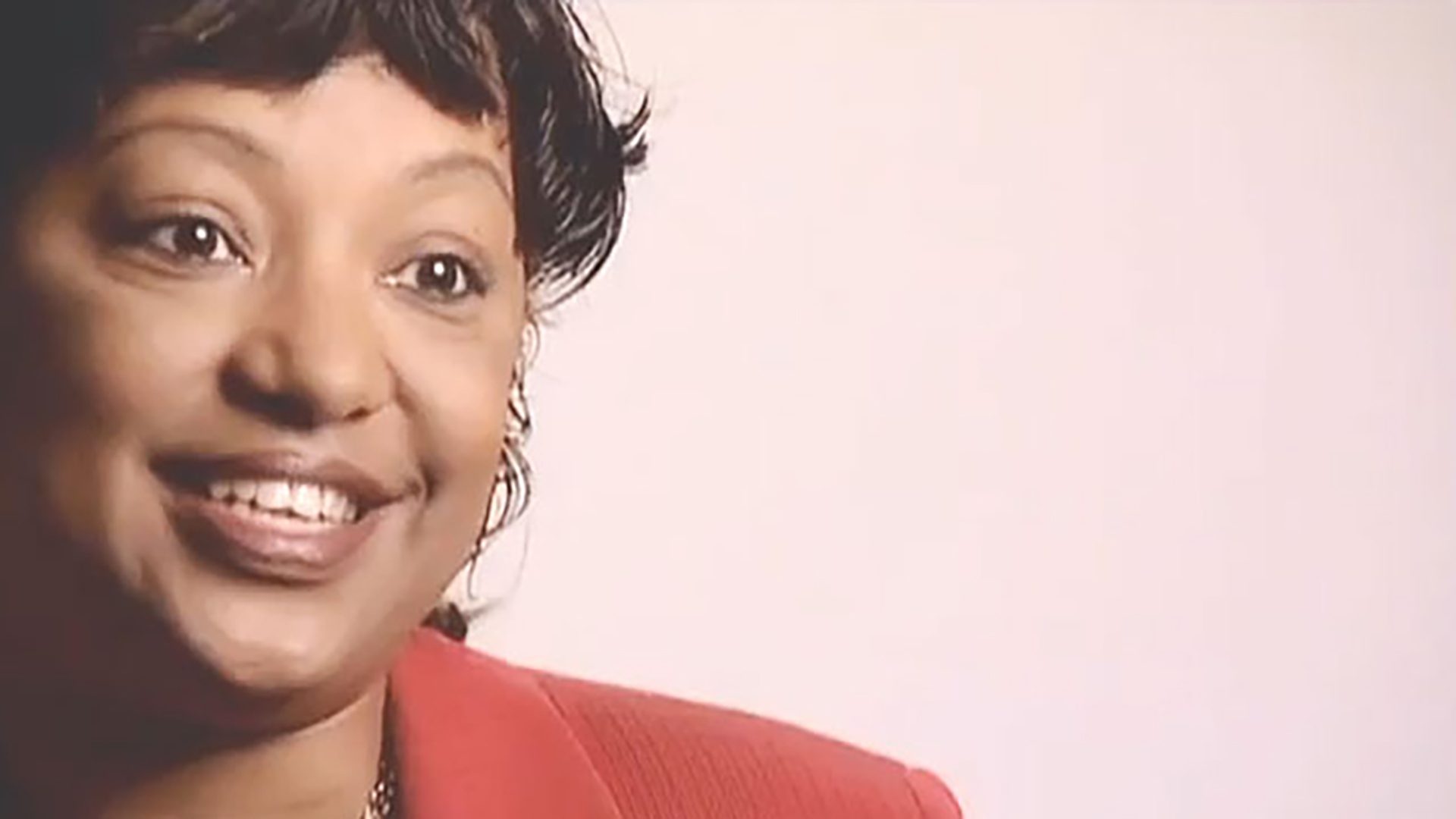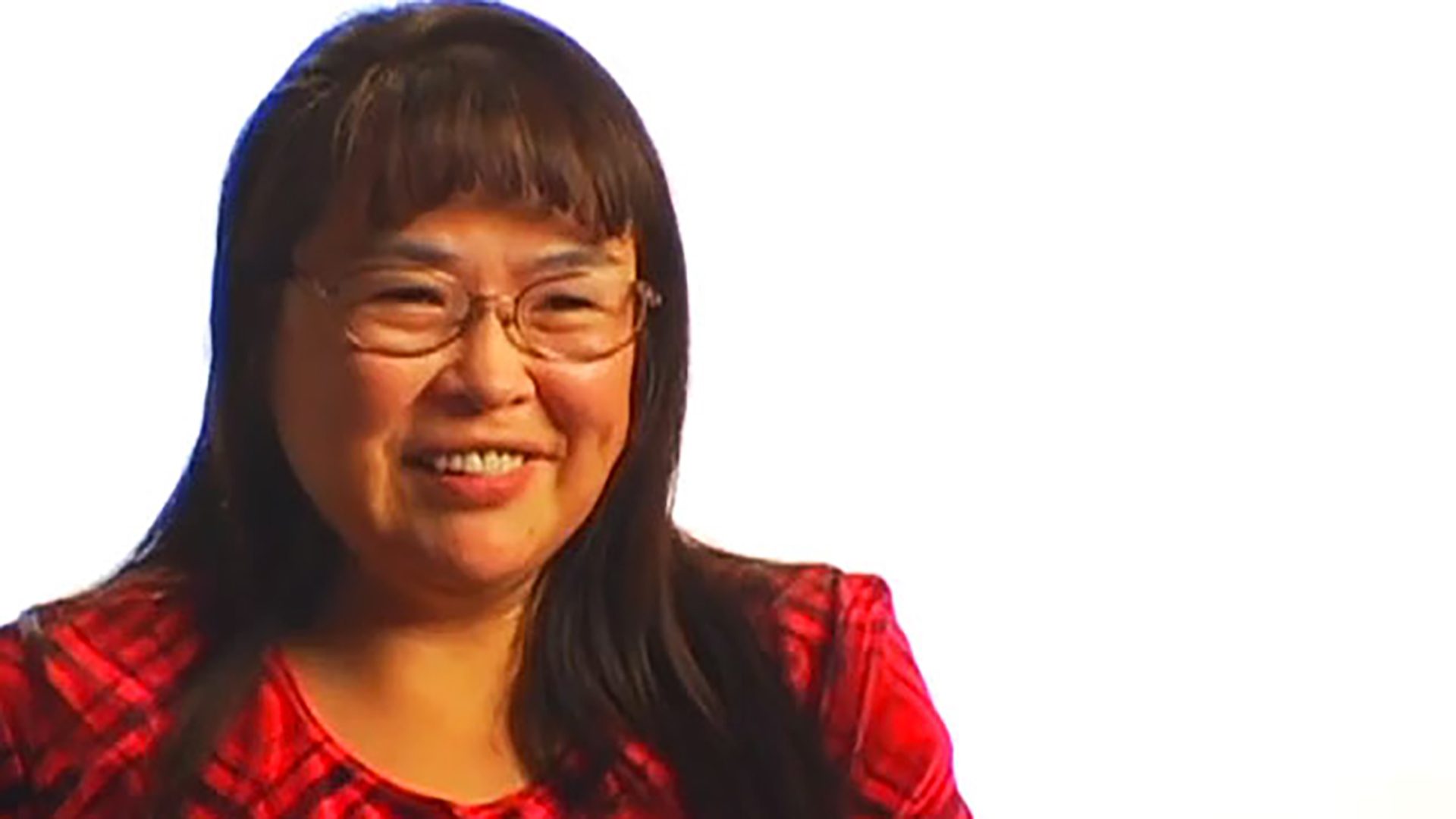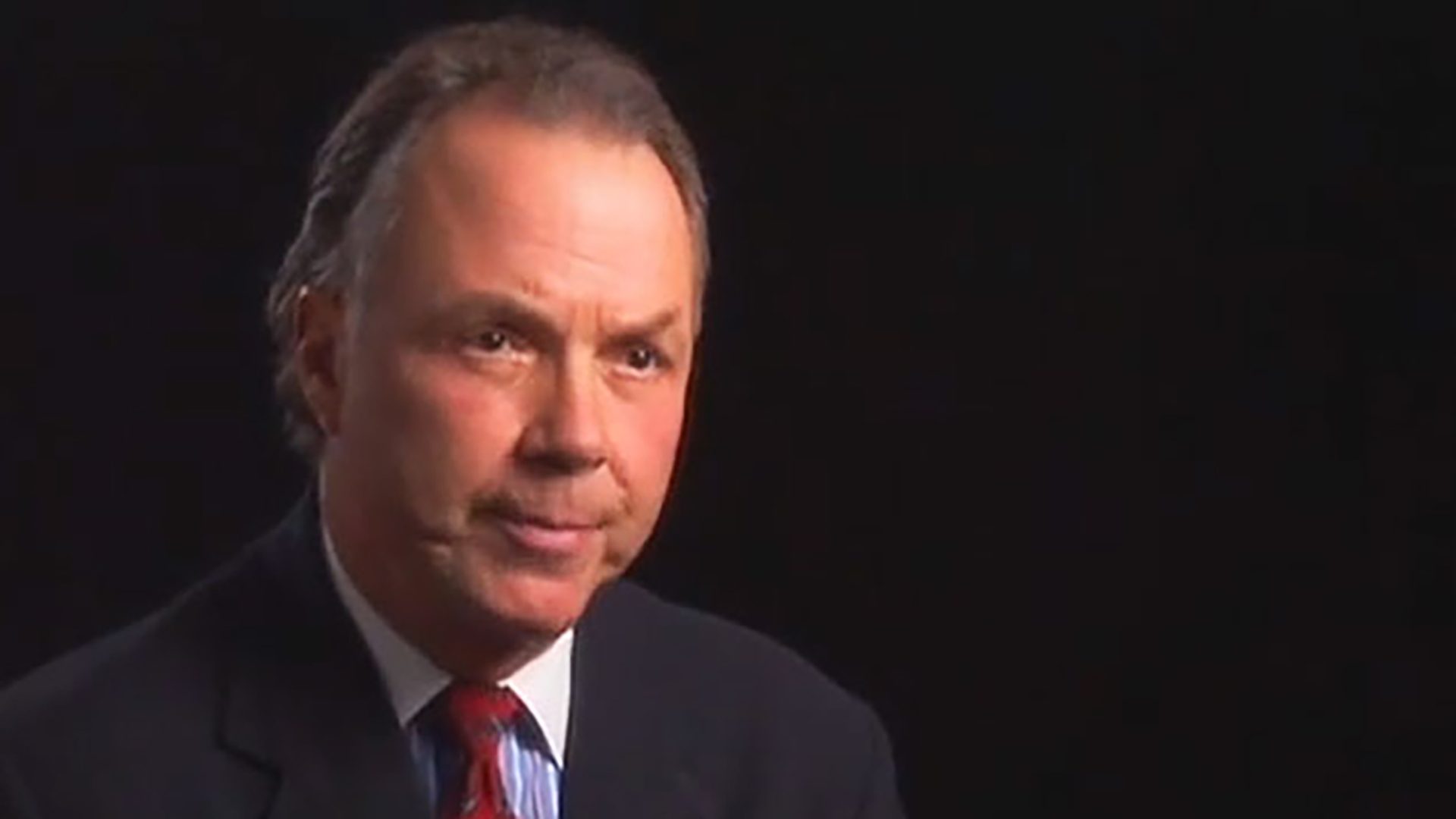Survivor Interview – Max Y.
Max talks about breast cancer recurrence, managing stress, and reevaluating priorities.

One from Winston Churchill, when he said that this is not the beginning of the end, but the end of the beginning. Couple that with the good old phrase ‘Carpe Diem’ and you basically end up with a philosophy of ‘I have no more excuses.’ I can now, with a clear conscience, do what I want to do without putting it off another day.
Survivorship means many things to me. My husband Tom and I have really looked at it as iterative. We survived the initial diagnosis, therapy and treatment. The first year is crazy. You’re diagnosed, you have a biopsy, you have your treatment, and everything is just go, go, go. And then all of a sudden, there’s nothing. Hopefully, you’re put back into the life that you’ve put aside for a while, and then you have that first checkup, which is a really scary time. Do I have recurrence or have I made it? Surviving that is pretty incredible.
When we actually did have the recurrence, we survived that process and recognized that even the word “recurrence” is not as scary and as terrifying as one would think it would be. It’s been a couple of years now since my initial recurrence, and I’ve even come up with a new primary. But as you go through this process, there is always hope. There’s always a light at the end of the tunnel. And as you move through each process, you realize that it’s not half as terrifying and half as scary as you think it is. We can imagine far worse than we actually, physically experience.
When I was first diagnosed, my whole philosophy was, basically, my life was not going to change. After a year or two, though, and finally getting a chance to sit back and let some more logical things sink in, I did make a few changes. Especially with breast cancer, there’s a lot that we now know about eating habits, vitamins, supplements—some can help and some can actually enhance. And so, if you are taking hormone therapy like tamoxifen to reduce your estrogen production, but then go around eating things like sage that actually boost estrogen production, things are working counter to one another. So the diet attributes are actually very important.
As we were working through the whole treatment phase, there were many things that went through our minds. I had kind of put off the whole children thing. Put the career first. And we had to really start looking at that with different eyes, and put it in the context of, what are we like as people? My husband and I, what do we really want to do and what do we really want to accomplish? With respect to long-term personal goals, it was putting it into context of, what did we see the next five, ten years being? Once I was re-diagnosed, I was put on tamoxifen therapy, and you can’t have children. We basically made the hard decisions. Sometimes I think people don’t realize that the post-cancer decisions can be a lot harder than the treatment phase. Like, what are you going to do with the rest of your life?
Throughout the whole process, from the moment that we were diagnosed, we always set lots of goals. We love to travel, so we set lots and lots of travel goals. My colleagues all thought it was really funny, because it was like, “You’re finished with radiation. What are you gonna do?” We went to Disney World, and that was kind of funny to be able to tell folks.
I’ve always just been this goal person. I knew exactly what I was gonna accomplish right up to year 30. And I knew what I was gonna do 30 to 40, and 50 to 60. And all of a sudden, I had to rethink the future for a while. But then I had to snap myself out of it, because that thought process was actually draining, and detracting from what I really needed to focus on, which was what we were gonna do next. The next step was pretty simple. You know, it was, you’re on hormone therapy. Take a pill once a day for the rest of your life. Okay, well, that’s not that tragic.
Tom and I were still pretty young when we were diagnosed. We’d only been married for a few years. For our relationship, it helped to solidify things. Unfortunately, it’s another cliché, but we stopped sweating the small stuff — the little nitpicky things that one would be quibbling over. But the one thing that was really clear from the moment we were diagnosed was that it had to be a we. Even though it was physically happening to me, it was happening to him as well. We realized that we had to be totally aligned with whatever we were going to do.
I really didn’t want anything from anybody. I was determined to do it myself and with Tom. When I had the recurrence, though, I totally changed that. I came out of the closet, so to speak, and recognized that asking for help or receiving help was not a sign of weakness. Women of this century, we’re a tough generation, because we’ve been through the whole women’s lib thing and it’s cool to be independent, professional, blah, blah, blah. You know, we’re as tough as guys. But it’s okay to ask for help and it’s okay to get help. When people know what you’re experiencing, it’s amazing what human nature will do.
In my mind, anyone who’s been through cancer and thinks that they don’t think about recurrence is probably fibbing to themselves. It’s always at the back of your mind. It might not be there every single day, but it is part of the subconscious. Now that I’m at the other end and I’ve heard the ‘R’ word, it’s not that scary. You can live your life day to day, and you don’t have to fear recurrence.
After recurrence, I have started to look into things like living wills, trusts, as well as doing the whole estate planning activity. Pulling all of my financial records, 401Ks, insurance, etc., together and having that all in one place really gives me peace of mind, not because I need it, but that it’s done and it’s there and I don’t have to worry about it. I did double check my insurance status and realized that now there’s a caveat: I could get as much life insurance as I wanted, but I couldn’t die from breast cancer. I could get hit by a truck or what-have-you, and that’d be fine, but it was five years before I could die from breast cancer and be covered.
When I heard ‘new primary,’ it didn’t faze me. I had heard the two worst phrases I could ever have heard. So after that, everything else was — I wouldn’t say gravy, but it wasn’t anywhere near as terrible. Living through a new primary has not been that bad, because there’s nothing mysterious. I’ve done chemo before, and I survived it. I knew going in what I should and shouldn’t eat, how I should or should not live my life, and how I should ask for help. These were the lessons I learned the first time around and instantly applied them to the second time around. Before, I had this whole thing about, I’ve got these priorities, and okay, yeah, I’ll squeeze in my radiation appointment. But I’m a little smarter now. I know where my priorities are, and I think I’ve come to a pleasant medium of balancing my life around what I really need and want to do.
I’ve always been one who’s wanted to keep commitments. I hate letting somebody down. But you can make a promise, and sometimes it’s a flippant promise. So what I do is think harder when I make a commitment. That would be my biggest advice to anyone — minimize the stress in your life. Come to terms with the fact that you need to be focusing on the things that are gonna help you get through this process and survive it. The person I was kept putting things off, especially things I really wanted to do. I don’t do that anymore. I have a lot more fun.
This whole “going through cancer” thing has really changed. But I like to tell folks, just because I have breast cancer doesn’t mean that I have one foot in the grave, especially if I have anything to say about it. I plan to be around for a long time.
I’m 40 years old, and I’m a breast cancer survivor.
Max Yonker passed away on May 21, 2005. The Lance Armstrong Foundation thanks Max and her family and friends for sharing her story and providing inspiration for other cancer survivors.

